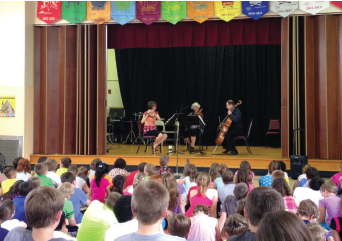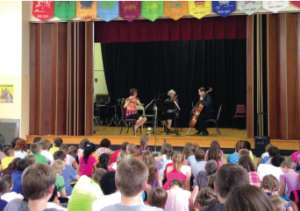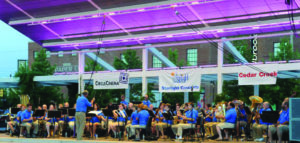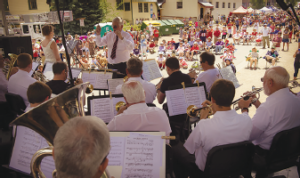The 420-page final report Ontario’s The Changing Workplaces Review, by C. Michael Mitchel and John C. Murray, was released in late May. As previously reported, the review is designed to provide a framework for upcoming changes to the Ontario Employment Standards Act and the Ontario Labour Relations Act. The CFM provided submissions and recommendations, specifically stressing that musicians are not sufficiently protected under existing laws, and that the only resolve for a largely freelance community is provincial status of the artist legislation. To that end, our submissions included a comprehensive comparison of federal status and Quebec status, as well as suggested language.
While arts and entertainment was certainly not centre stage in the review, it did find its way into the report in section 11.6.3, page 364, describing how artist groups have “… urged us to adopt some of the philosophy and general approaches of the Quebec status of the artist act, modified to some degree …” While no direct credit is given to the CFM, footnote 498 is a direct reference, stating “… very late in the process, we received a draft model act from one group but there was no opportunity to discuss it, much less consult with respect to its contents …”
On the negative side, the employers have been working hard at recommending the status quo. For example, the Canadian Media Producers’ Association (CMPA) made this statement: “… the Canadian Media Producers Association (CMPA), which is involved in English language television, film, and digital media production, has warned us about the high costs of the Quebec system, including constant negotiations, labour relations instability and competition, and a lack of certainty, which is antithetical to the needs of a project-oriented, time-sensitive industry … the association argues that the sector is already heavily unionized, highly organized on a craft and sectoral basis, and successfully serves the needs of the various interest groups and, therefore, should not be interfered with.”
More importantly, the report goes on to seemingly disregard the CMPA and finalize the section with this recommendation: “… that Ontario conduct an inquiry and consultation with all affected interest groups to examine potential changes to the laws, which affect how personal services and labour are provided in the arts and entertainment sectors of the economy, for the purposes of supporting the artistic endeavour in those sectors and those who work in them.” While consisting of only a small speck in a large document, this capsulizes the most significant recognition of artists’ dilemma with collective bargaining to date, and with it, a glimmer of hope.
CFM General Counsel Alan Minsky generously summarized other aspects of the report. Proposed changes include:
1) Raising the general minimum wage to $15 an hour by January 1, 2019.
2) Changing various features of union certification and first contract dispute resolution procedures, including:
- extending card-based certification to the temporary help agency industry, the building services sector, and the home care and community services industry, where a union can show 55% support in the proposed bargaining unit;
- allowing unions to access employee lists and obtain employee contact information where they can show 20% support in the proposed bargaining unit;
- making access to remedial certification and first contract arbitration easier, giving the Ontario Labour Relations Board (OLRB) more power to ensure votes are conducted fairly, and allow telephone and electronic voting;
- providing just cause protection from the date of certification to the date of the first collective agreement.
3) Important changes to regulations governing unions, including:
- successor rights for building services contracts;
- empowering the OLRB to consolidate bargaining units;
- strengthened protections for striking workers, including grievable just cause protection and a right to priority in rehire, even where a strike exceeds six months;
- increased penalties for violating the Labour Relations Act;
- reviewing exemptions to the Labour Relations Act (no immediate changes are set out in legislation).
- 4) Improvements to minimum employment standards,
including: - three weeks of paid vacation for employees with five or more years of service;
- changes to simplify public holiday pay calculations and clarify how overtime is calculated when an employee has multiple jobs with the same employer;
- equal pay for part-time, casual, temporary, and seasonal workers relative to full-time workers performing the same work, and for temporary help agency workers relative to permanent workers, subject to certain exceptions;
- enhancements to Personal Emergency Leave (PEL) and other leave provisions;
- new scheduling protections for workers;
- several changes to Employment Standards Act exemptions and a review process for remaining exemptions.
5) Measures to provide better enforcement of employment standards, including combatting the misclassification of employees as independent contractors.
Now begins the process of providing Ontario locals with a script with which to go to their MPP and make the most of this slim opportunity to add compulsive collective bargaining as a component to the CFM toolbox.


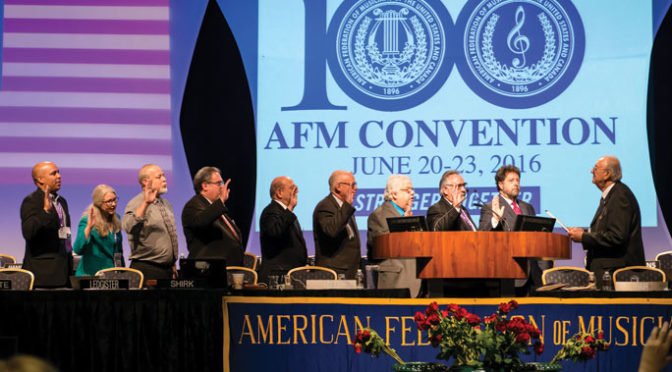
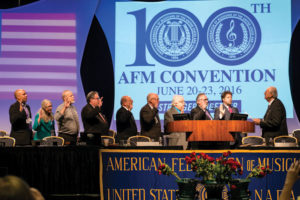
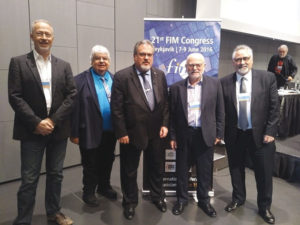
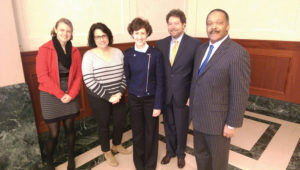
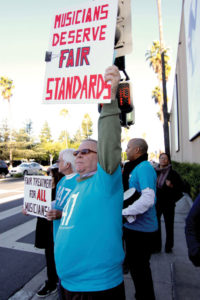

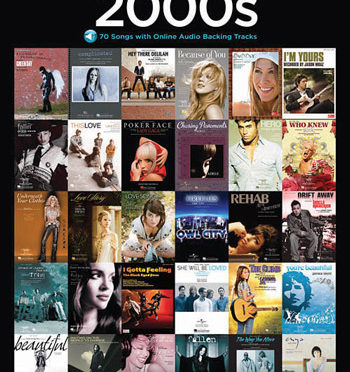
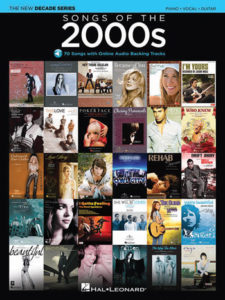





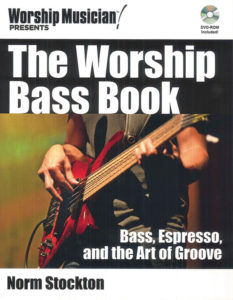


 quantities and will only be available until the end of the year.
quantities and will only be available until the end of the year.